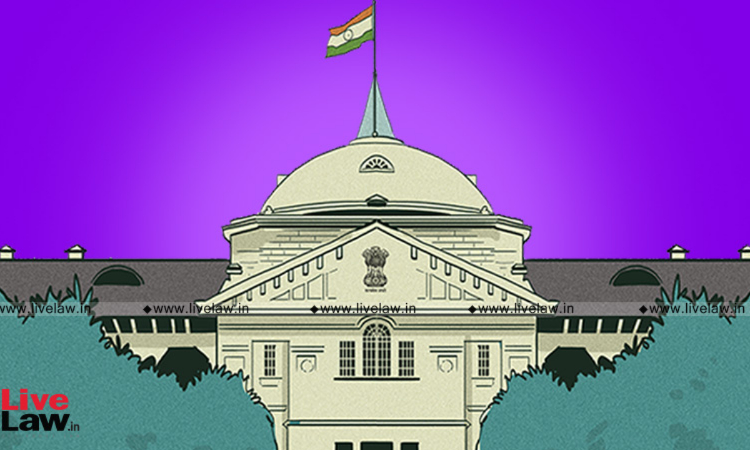GST Act | Communication Of Order To Assessee’s Advocate Deemed Service To Assessee: Allahabad High Court
Upasna Agrawal
25 Aug 2023 3:43 PM IST

Next Story
25 Aug 2023 3:43 PM IST
The Allahabad High Court has recently held that service of an order upon the advocate of an assessee will be deemed service for the purposes of the GST Act as the advocate is an authorized representative of the assessee. Perusing Section 107 (Appeals to Appellate Authority) and Section 169 (Service of Notice in Certain Circumstances) of the UPGST Act, Justice Piyush Agrawal held,“From...
